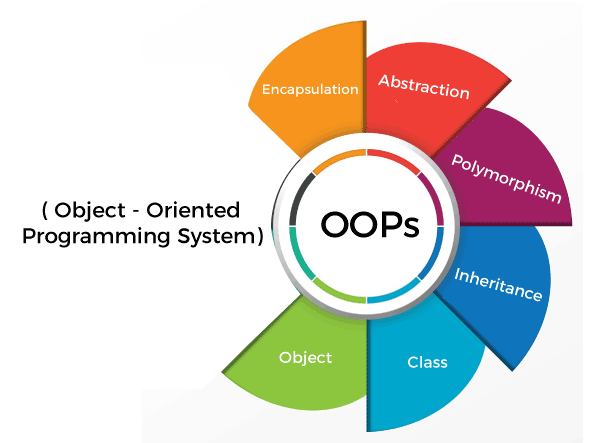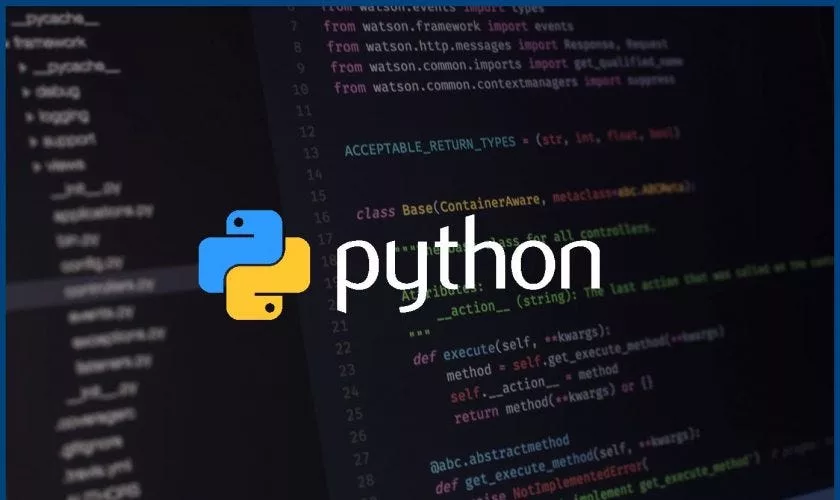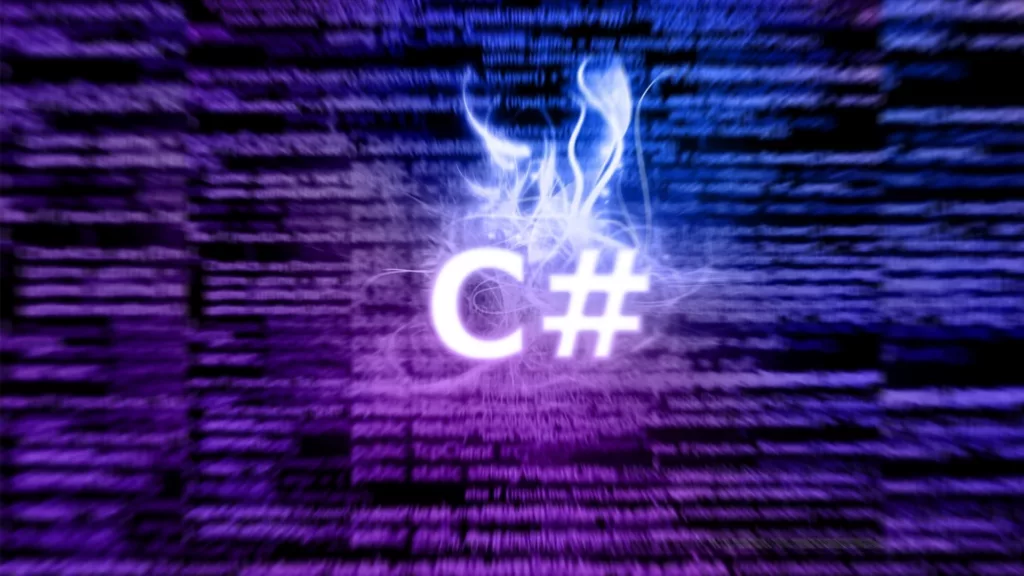In software development, Object-Oriented Programming (OOP) languages have been a fundamental paradigm for creating robust, maintainable, and scalable code. Object-oriented programming languages encourages the organization of code into reusable, self-contained units called objects, which bundle data and functions together.
With countless programming languages out there, we’ve rounded up the “Magnificent Seven” object-oriented programming languages that have significantly shaped the software landscape.
Definition of Object-Oriented Programming Languages
Object-oriented programming languages (OOP languages) are a category of programming languages that are designed and structured around the concept of “objects.” In this paradigm, data and the functions that manipulate that data are encapsulated together into discrete units called objects. Each object represents a specific entity or concept and can interact with other objects through well-defined interfaces.

Read more: The ultimate guide of object-oriented programming languages
7 Popular Object-Oriented Programming Languages
-
Java

Java, introduced by Sun Microsystems in the mid-1990s, stands as one of the most popular and enduring object-oriented programming languages. Known for its “write once, run anywhere” mantra, Java’s platform independence and rich libraries have made it a go-to choice for building desktop, web, and mobile applications. Its strict object-oriented design enforces encapsulation, inheritance, and polymorphism, making it an ideal choice for large-scale enterprise applications.
-
Python

Python’s elegant syntax and versatility have propelled it to the forefront of modern programming languages. Although not strictly object-oriented, Python’s design encourages using classes and objects to structure code. Its dynamic typing and ease of use have made it a favorite for rapid application development, scientific computing, web development, and more. Python’s extensive libraries, like Django and Flask, have cemented its versatile language position.
-
C# (C Sharp)

Developed by Microsoft in the early 2000s, C# is closely tied to the .NET framework. It combines the power of C++ with the simplicity of Visual Basic. C# strongly supports object-oriented concepts like encapsulation, inheritance, and polymorphism. With tools like Visual Studio, C# is often the choice for Windows application development, game development using Unity, and enterprise-level solutions.
-
C++

Considered an extension of the C programming language, C++ brings object-oriented features while retaining the low-level capabilities of C. C++ is used in diverse fields, including systems programming, game development, embedded systems, and high-performance applications. Its support for multiple paradigms, including procedural, functional, and generic programming, makes it a powerful choice for various domains.
-
Ruby

Ruby is revered for its simplicity and expressiveness, making writing and reading code a joy. Ruby’s core philosophy is “developer happiness,” reflected in its clean and human-readable syntax. Ruby on Rails, a popular web framework built on Ruby, has revolutionized web development, emphasising convention over configuration. This language’s focus on developer productivity has earned it a passionate community.
-
Swift

Apple introduced Swift in 2014 as a successor to Objective-C for iOS and macOS development. Swift’s clean syntax, powerful performance, and modern features have quickly made it a favorite among developers. Its strict object-oriented principles enable the creation of well-structured and efficient code. Swift’s safety features, like optional and memory management, make it less prone to runtime errors.
-
PHP

Initially designed for web development, PHP has become a versatile scripting language. While not as strictly object-oriented as some other languages on this list, PHP introduced object-oriented features in PHP 5, allowing developers to create more modular and maintainable code. PHP is the backbone of many web applications and content management systems, including WordPress and Drupal.
Conclusion
These “Magnificent Seven” object-oriented programming languages have profoundly shaped the software landscape. Whether you’re building large-scale enterprise applications, creating stunning mobile apps, or crafting elegant web solutions, each language brings its unique strengths to the table.
CMC Global stands as a beacon of expertise and reliability in the realm of IT services focused on object-oriented programming languages. With a legacy of excellence, a comprehensive service offering, and a client-centric approach, we continue to be the go-to choice for businesses seeking tailored software solutions that drive success in today’s dynamic digital world.
Contact us for further details.




